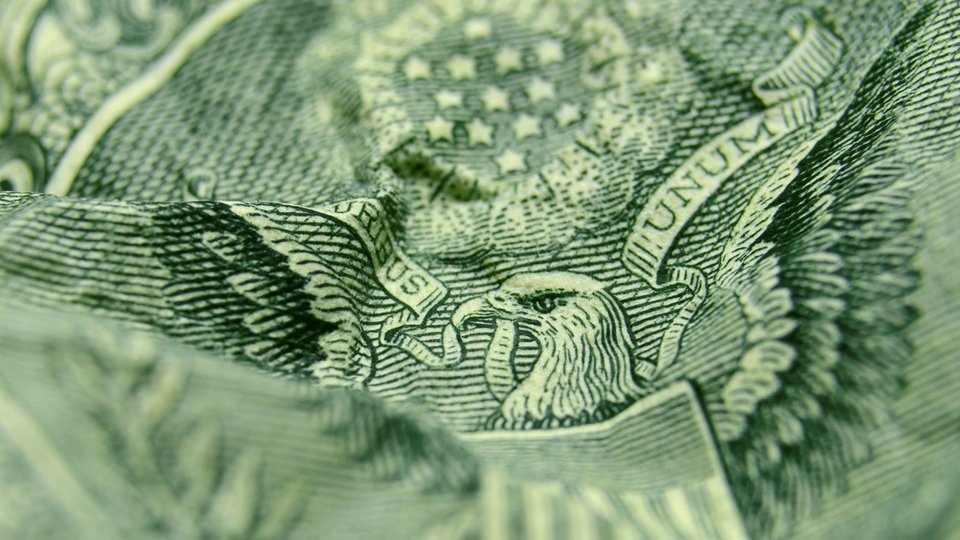News
Some COVID-19 aid for foodservice now a reality, more coming

March 19, 2020
After signing the coronavirus relief package into law late Wednesday, restaurateurs and the people they employ are all waiting to see how the aid will help them stay afloat, as the nation struggles with the COVID-19 virus and its heavy fallout.
The $100 billion relief package provides for emergency paid leave, free testing for the virus, expanded unemployment insurance and other benefits, even as Congress continues work on a huge stimulus package to keep the nation relatively healthy despite the challenges induced by the presence of the contagion.
The stimulus package being worked on now is being constructed amidst the Trump administration's wishes for what CNBC said would be an $850 billion to $1 trillion program that might even send money to Americans, cut taxes or provide aid to industries.
As you know President Trump signed the latest coronavirus aid package into law last night after it was passed by the Senate.
What it means for restaurant employers
Rebecca Bernhard, a partner at the international law firm Dorsey & Whitney in its labor and employment practice, said she has been fielding calls from employers across every industry since the bill was signed last night advising them on what it means for them and their employees.
"To me, the most interesting provision is the unemployment access section," she said in an email interview. "The practical effect of this provision of the Act is that more applications for unemployment benefits are likely to be granted. Many states have already passed emergency executive orders to reduce or eliminate barriers to applicants seeking unemployment benefits and with this new law, we expect more will follow suit."
She said since many employers were grappling with the economic effects of shelter-in-home orders, social distancing mandates and actual illness, the vast majority of client calls had centered around the implementation of furloughs, lay-offs, reduced hours, and work-from-home policies. Employers want to know if their employees will receive some benefits if the company implements a furlough.
She said the good news is that the bill's final provision regarding unemployment should help states help the employers in their states navigate those waters without fear of increased tax assessments or other adverse consequences to the strain on the unemployment system.
"Some critics will say it did not go far enough — for example, why are large employers — those with over 500 employees – exempt from the new law? Many note that it is smaller employers who are more vulnerable to the economic difficulties and employees of those smaller companies that are most likely to need federal mandated benefits," Bernhard said. "However, imposing mandatory economic obligations onto small employers is not something that would have received such quick bi-partisan and presidential support. Compromises have to happen. That still leaves us wondering why large employers were exempt."
She said the practical combination of the unemployment provisions and the limits on the additional paid sick time create a perverse incentive for small employers to do better by their employees to implement short-term lay-offs.
"Employees can then receive unemployment benefits where those same employees will not see any relief from the emergency leave and FMLA modifications in the new law," Bernhard said.
 ChatGPT
ChatGPT Grok
Grok Perplexity
Perplexity Claude
Claude








